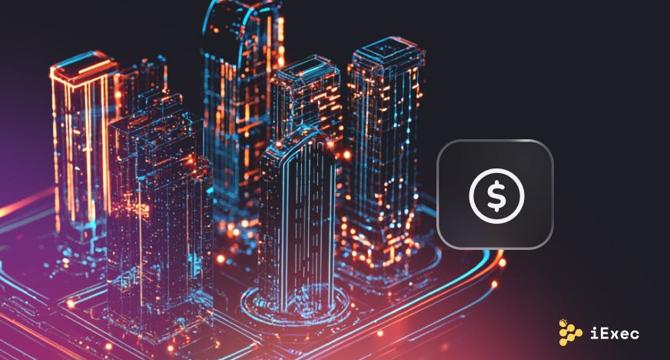Medium
4w
164

Image Credit: Medium
How DePIN Crypto is Disrupting Physical Infrastructure
- DePIN (Decentralized Physical Infrastructure Networks) is disrupting traditional infrastructure models by utilizing blockchain technology, tokenized incentives, and decentralized governance to create secure and cost-efficient alternatives.
- The movement towards DePIN allows individuals to contribute resources like computing power and wireless coverage and receive crypto rewards without central service providers.
- Traditional infrastructure controlled by monopolies has been stagnant, expensive, and prone to security risks with little incentive to innovate or prioritize user needs.
- DePIN leverages blockchain to create decentralized, cost-effective, and secure alternatives that eliminate excessive fees and operational costs.
- The decentralized approach of DePIN enhances security, automates network operations, and reshapes how infrastructure is built and maintained globally.
- Unlike centralized networks controlled by a single entity, DePIN's distributed infrastructure involving independent participants reduces the risk of system-wide failures.
- By allowing anyone to monetize infrastructure directly and rewarding contributors fairly, DePIN transforms the ownership and profitability of infrastructure networks.
- DePIN facilitates decentralized wireless hotspots, GPU power distribution, energy grids, and data storage, reducing costs, improving accessibility, and ensuring data security.
- Contributors in DePIN are directly rewarded for expanding decentralized networks, defining a fairer and more equitable system than traditional centralized infrastructure models.
- As DePIN Crypto continues to redefine physical infrastructure, developers can leverage blockchain technology to build scalable and secure decentralized applications in the ecosystem.
Read Full Article
9 Likes
For uninterrupted reading, download the app